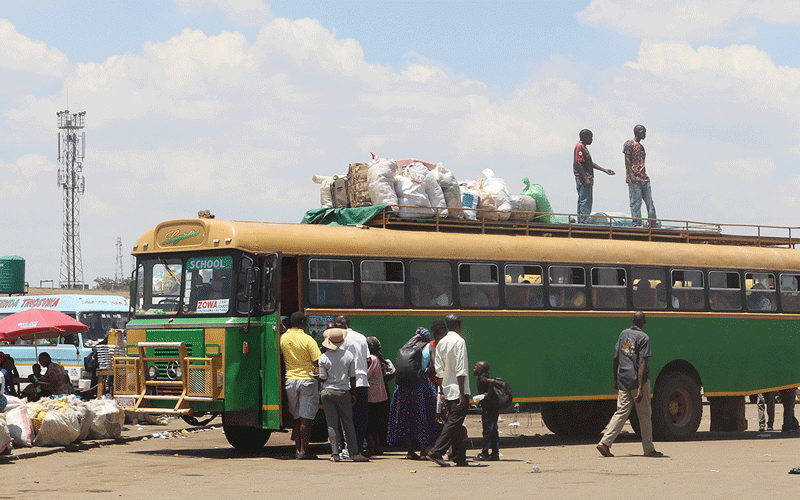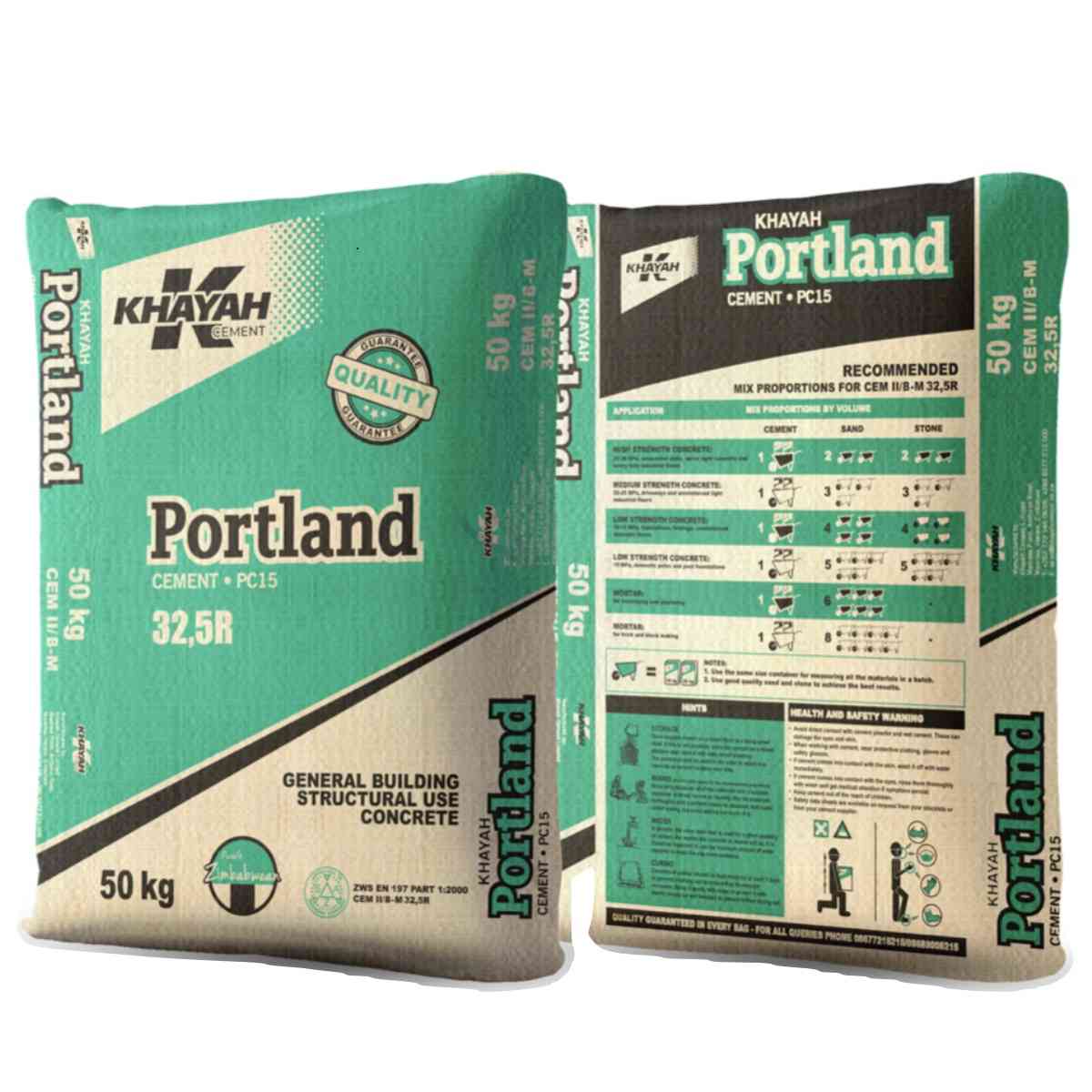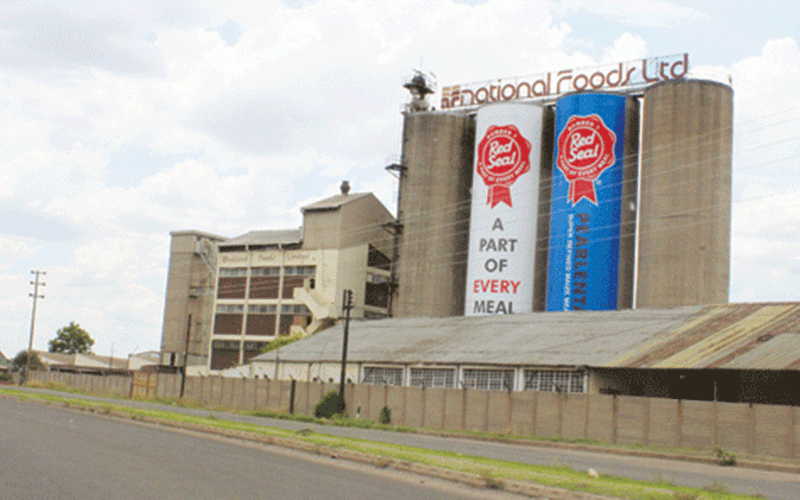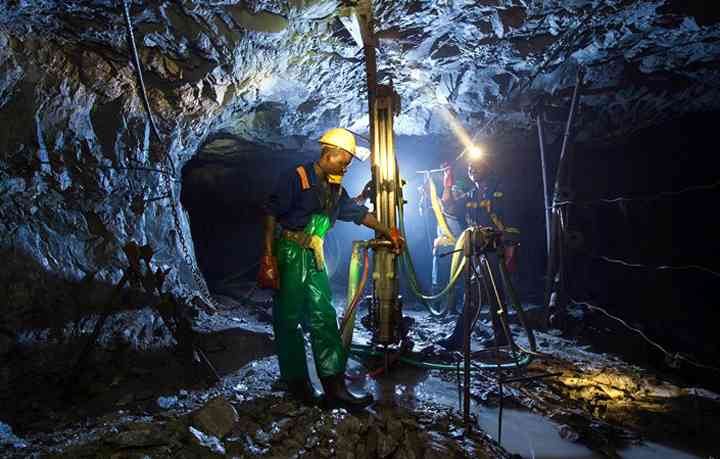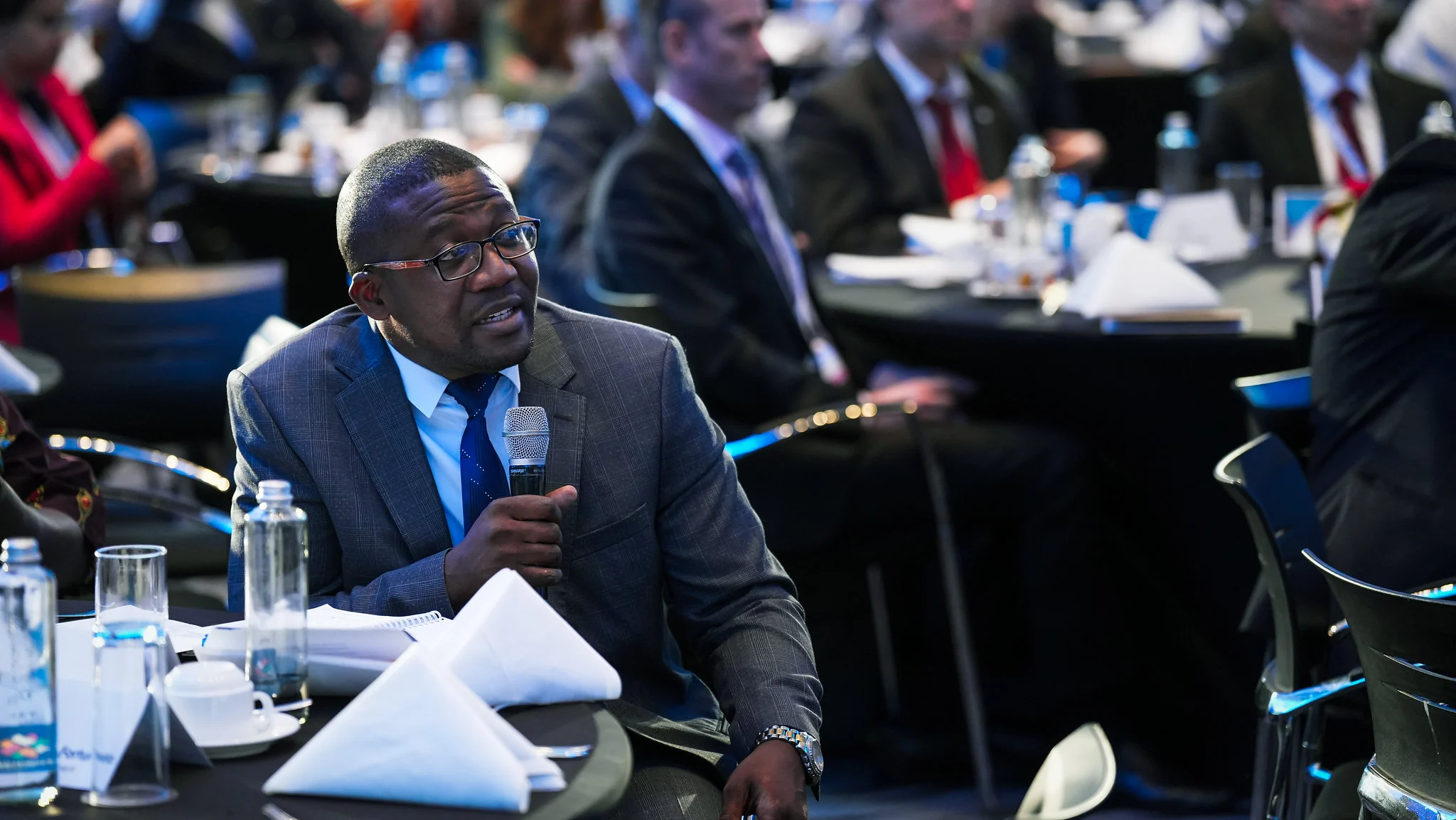
ZIMBABWE’S tourism industry registered a 93% rise in arrivals during the first quarter of this year.
In this interview with Environment, Climate, Tourism and Hospitality Industry minister Mangaliso Ndlovu (MN) our business reporter Freeman Makopa (ND) seeks to understand what the country is doing to sustain the recovery.
ND: What is government doing to attract new airlines in Zimbabwe?
MN: Zimbabwe has made strides in liberalisation of the national airspace. The country is a signatory to the 1999 Yamoussoukro agreement aimed at the liberalisation of the international civil aviation regime in Africa.
The country has been on a massive drive for provision of world-class aviation facilities. This has seen upgrades at international airports including Victoria Falls, Robert Gabriel Mugabe International Airport and JM Nkomo International Airport.
Apart from international airports, the government, through the Airports Company of Zimbabwe is also moving forward with local connectivity through the rehabilitation of domestic airports.
At the moment, rehabilitation work at Buffalo Range Airport have been completed and we are at various stages of rehabilitating other airports. Other measures include giving incentives to airlines as a route development strategy.
From a policy perspective, government has granted several airlines the fifth freedom rights as a way of making their operations in Zimbabwe more viable. Our effort is to increase arrivals into Zimbabwe. This will then create opportunities for airlines.
- Chamisa under fire over US$120K donation
- Mavhunga puts DeMbare into Chibuku quarterfinals
- Pension funds bet on Cabora Bassa oilfields
- Councils defy govt fire tender directive
Keep Reading
ND: Has the designation of Victoria Falls as a Tourism Special Economic Zone helped to attract investments?
MN: The designation will provide the stimulus for investment and further development of the area. It is, however, too soon to take stock of the investments already attracted as Cabinet has only recently approved the Conceptual Development Framework for the Victoria Falls-Binga Special Economic Zone.
There are several investments that have taken off in Victoria Falls. The past two years have seen the addition of more than 200 rooms to the resort city, through the development of new hotels and lodges.
ND: Tell us about training in sustainable tourism
MN: Our training include training on community-based tourism enterprises and green tourism. The Zimbabwe Tourism Authority is partnering universities and colleges in enhancing training modules within tourism programmes.
ND: What is the outlook for the tourism industry?
MN: There have been many positive developments in the tourism sector starting the beginning of the year and the performance of the sector continues to be positive. As of the first quarter of the year international tourist arrivals have risen by 93% to 126 955 from 65 882 in the same period in 2021.
ND: How can the country maintain this growth?
MN: The country will maintain the momentum through adopting strategies that conform to the ever-changing needs and demands of tourists. These include initiatives such as digital marketing, profiling unique experiences to tourists such as cultural and experiential tourism in communities. Partnerships with airlines and linkages with other regional destinations will further propel destination Zimbabwe. This is because when tourists visit long haul destinations, they want to visit more than one country.
ND: How much are we generating from the sector in terms of revenue from arrivals?
MN: Prior to COVID-19 in 2019, the sector was generating US$1,247 billion. As of 2021 the tourism sector generated an estimated US$397 million in receipts. We are hopeful that very soon the sector will recover to earn close to the 2019 levels of about US$1,2 billion if the environment gets on track. This is just the direct revenue. We recently launched a Tourism Satellite Account and going forward we should be able to accurately measure the value from our tourism.
ND: Does the country have a model to uphold the principles of sustainability?
MN: Zimbabwe is guided by the Sustainable Tourism Development guidelines and management practices as stipulated by the United Nations World Tourism Organisation. It is against these that Zimbabwe adheres to in upholding sustainable tourism.
The country is also developing the minimum tourism guidelines on sustainable tourism to be incorporated into legislation.
ND: What else is needed to strengthen the tourism sector in Zimbabwe?
MN: Although many initiatives have been implemented, the country needs to improve in terms of tourism product offering and support services. Due to COVID-19, the sector lost a critical mass of skilled manpower since the sector was literally shut down.
There is need for support to reskill our workforce to remain competitive. The industry has not been able to refurbish its products due to limited lines of credit and high costs of borrowing. As such, the product is lagging behind compared to other products within the region.
In terms of support services such as feeder roads to and within attractions, the government is implementing the road rehabilitation programme.
ND: What are your major concerns?
MN: The COVID-19 pandemic has dealt a major blow to the tourism sector that was thriving and heading towards greater heights. The advent of the pandemic has taken the sector to pre-1990 levels.
As such, the major concern at the moment is the complete recovery of the sector to pre-COVID-19 levels or even better. In the National Development Strategy 1 tourism has been identified as a key sector.
ND: What is your message to investors?
MN: Zimbabwe is a treasure trove full of opportunities. Whether one is looking to invest in mining, tourism, agriculture, manufacturing or any other sector, Zimbabwe is the place to go. We have a peaceful and stable environment and many reforms are being put in place to support investment. We say Zimbabwe is open for business for any discerning investor.
- Follow us on Twitter @NewsDayZimbabwe

